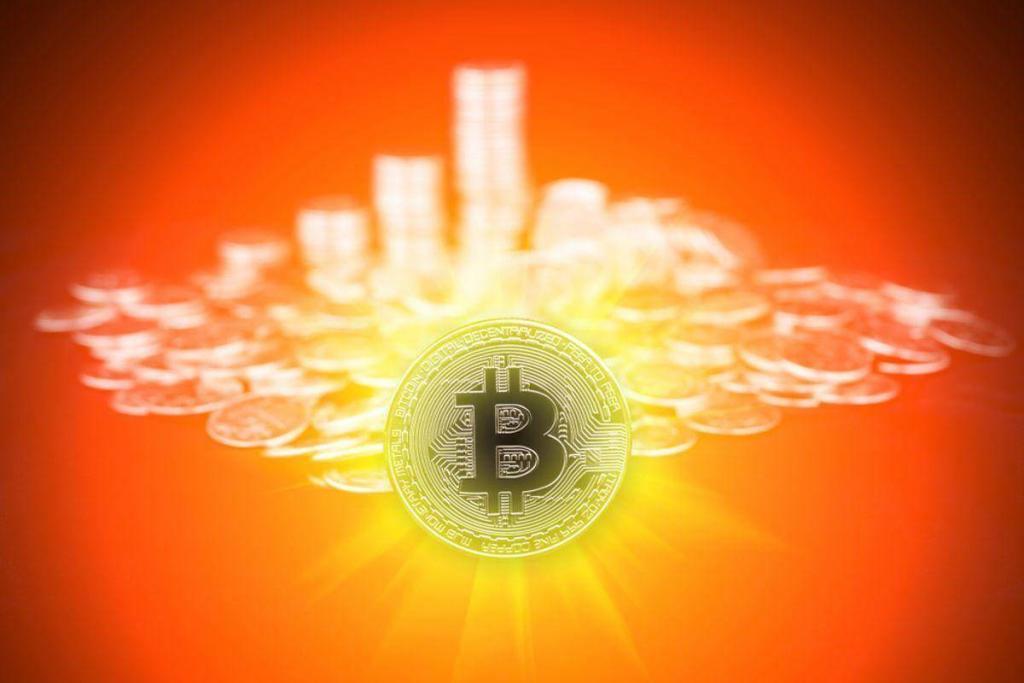Turkish Bitcoin users are already well in the middle of a bull run, as partly depicted by increasing exchange volumes.
BTCTurk CEO Ozgur Güneri, head of the largest crypto exchange in Istanbul, with the majority of Turkish banking access of any exchange in the area, said volumes almost quadrupled throughout the past year, appealing to more than 100,000 active monthly users by July 2020 out of roughly one million accounts.
“August might be the highest volume ever and the highest level of registrations in any month this year,” he said. “This also correlates to the volatility in prices.”
Whatever the cause behind the correlation between economic crisis and crypto exchange activity in Turkey, it appears to have changed.
Turkey’s Cryptocurrency Market Is Expanding Fast
As per data assayed by CoinDesk Research, BTCTurk volumes back in September 2018 and June 2019, were actually registered at times when the Turkish lira was getting stronger, instead than in times of massive inflation.
Still, this trend changed with the pandemic that hit Turkey, more so in April. Since then, the exchange volumes increases have almost coincided with talks of a new lira crisis.
Until now, BTCTurk has run the Turkish markets, expanding faster than most of the other amenable exchange platforms in the Middle East.
According to Güneri, the best way to advertise Bitcoin is still by employing mass media. They sponsor mainstream cultural institutions, including the national Turkish soccer team, to spread brand awareness, and market via mass media broadcasts as well.
Gururla! @TFF_org ile yeni nesil bir sponsorluk anlaşması imzaladık!
Türkiye’nin ilk ve en büyük, dünyanın ise dördüncü #Bitcoin ve #kriptopara işlem platformu olarak, EURO 2021’de milli takımlarımızın ana sponsoru olmaktan gurur duyuyoruz. #sonukupaolsun pic.twitter.com/xGq0dfwHJF
— BtcTurk (@btcturk) August 20, 2020
“The second layer is the educational layer; we’ve been investing in educational TV programs,” Güneri said, talking about both YouTube programs and traditional TV shows.
Besides mainstream media marketing, BTCTurk is sponsoring a Bitcoin-themed podcast, as well as Kriptometre, a YouTube talk show with Turkish celebrities, currently during its third season.
“We believe trust is still the main area that we have to invest … to cooperate with large brands and institutions,” Güneri said. “The DNA of the average Turkish person is inclined toward hard assets. Good times, bad times, doesn’t matter. … Bitcoin is now a real alternative for some people because it is the new generation of hard assets.”
